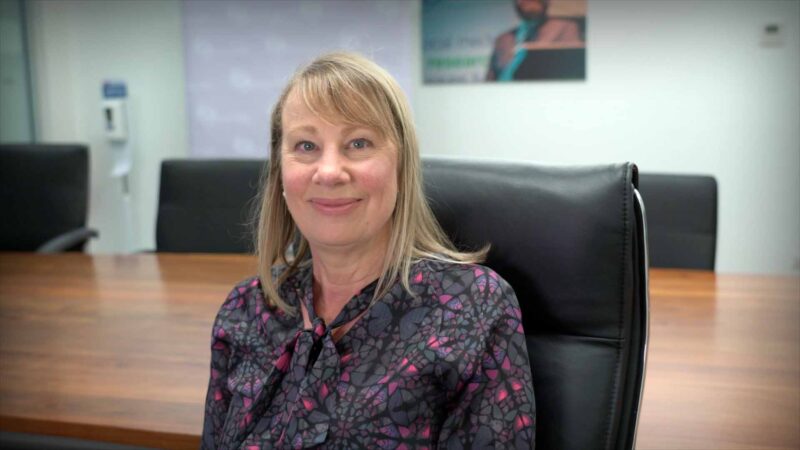STUDY REVEALS SOCIOECONOMIC BARRIERS TO CHILDREN’S HEALTHCARE ACCESS. NSW, WA and SA commence reforms allowing GPs to diagnosis and treat ADHD
With
Dr Anita Muñoz, General Practitioner &
Royal Australian College of GPs (RACGP) Victoria Chair
AUSTRALIAN HEALTH JOURNAL SEGMENT
Filmed in Melbourne | August 2025
Research published in the Australian Journal of General Practice (AJGP) has revealed mental health and developmental–behavioural issues such as ADHD are the most common paediatric referrals in metropolitan general practices.
But the research also revealed children at higher risk are less likely to get the care they may need.
The study of 49,932 consultations at 22 GP clinics in Victoria and New South Wales found private billing specialist GPs were around 1.7 times more likely to refer than bulk billing GPs in the sample – and most referrals were to private billing paediatric specialists.
Corresponding author, consultant paediatrician, and University of Melbourne Professor Harriet Hiscock said the study showed a clear difference in children’s access to appropriate care depending on their socioeconomic status.
She said the study showed the need for greater investment in primary care and public paediatric mental health services, as well as for integrated care between GPs and paediatricians.
“Children from lower socioeconomic areas are more likely to have mental health and developmental–behavioural problems than those from wealthier areas,” Professor Hiscock said.
“However, these children were more likely to attend bulk billing practices and received fewer referrals for specialist care.
“We need more investment in public specialist paediatric services and paediatric mental health services.
“We also need more investment in paediatric primary care, including properly funding longer GP-patient consults, funding co-consults between GPs and paediatric specialists, and empowering GPs to diagnose and treat developmental concerns such as ADHD, especially in lower socioeconomic areas.”
The governments of New South Wales, Western Australia and South Australia, have announced they will allow GPs to work to their full scope of practice to diagnose and treat ADHD. Children in Queensland have been able to access ADHD diagnosis and support for eight years.
GPs in Victoria, Tasmania and the Australian Capital Territory have also called for GPs to be able to diagnose ADHD to improve access to treatment. In Victoria, a shared care ADHD pilot is underway with GPs and paediatricians.
Australian Health Journal spoke with Royal Australian College of GPs (RACGP) Victoria Chair Dr Anita Muñoz about the study and the reform underway.
Source: Adapted from RACGP Media Release
You Might also like
-
Reporting on Australian childhood visual impairment: the first 10 years
The Australian Childhood Vision Impairment Register (ACVIR), the first of its kind in Australia, captures uniquely Australian data which is used to improve services for children with vision impairment. The data is also available to researchers who work in the area of eye disease and disorders of vision.
-
Brain cancer Professor mentors Tasmanian researchers
Rosemary Harrup trained in Victoria and Tasmania in Medical Oncology and Clinical Haematology, completing a dual Fellowship in 2001. She is the current Director of Cancer and Blood Services at the Royal Hobart Hospital (RHH), a role she has held since 2009.
Australian Health Journal spoke to Rosemary about her journey in medicine and specifically her work in Clinical Trials in Brain Cancer and the value she placed on her senior clinicians as mentors and how she now mentors others.
-
Cardinal Health brings device reprocessing plant to Australia
Cardinal Health is global medical products manufacturer and leading provider of single-use device reprocessing services in the U.S. In Australia and New Zealand, as one of the largest suppliers of medical devices, announced on 23 May 2024 that it will be opening a single-use medical device reprocessing facility in Australia – its first reprocessing facility outside the United States.
On 18 March 2025 at the Health Innovation Living Lab at the John Hunter Hospital, a further announcement was made, on the chosen single-use medical device remanufacturing facility in Beresfield, Newcastle, set to commence operation late 2025, supported by the NSW Department of Primary Industries and Regional Development.



